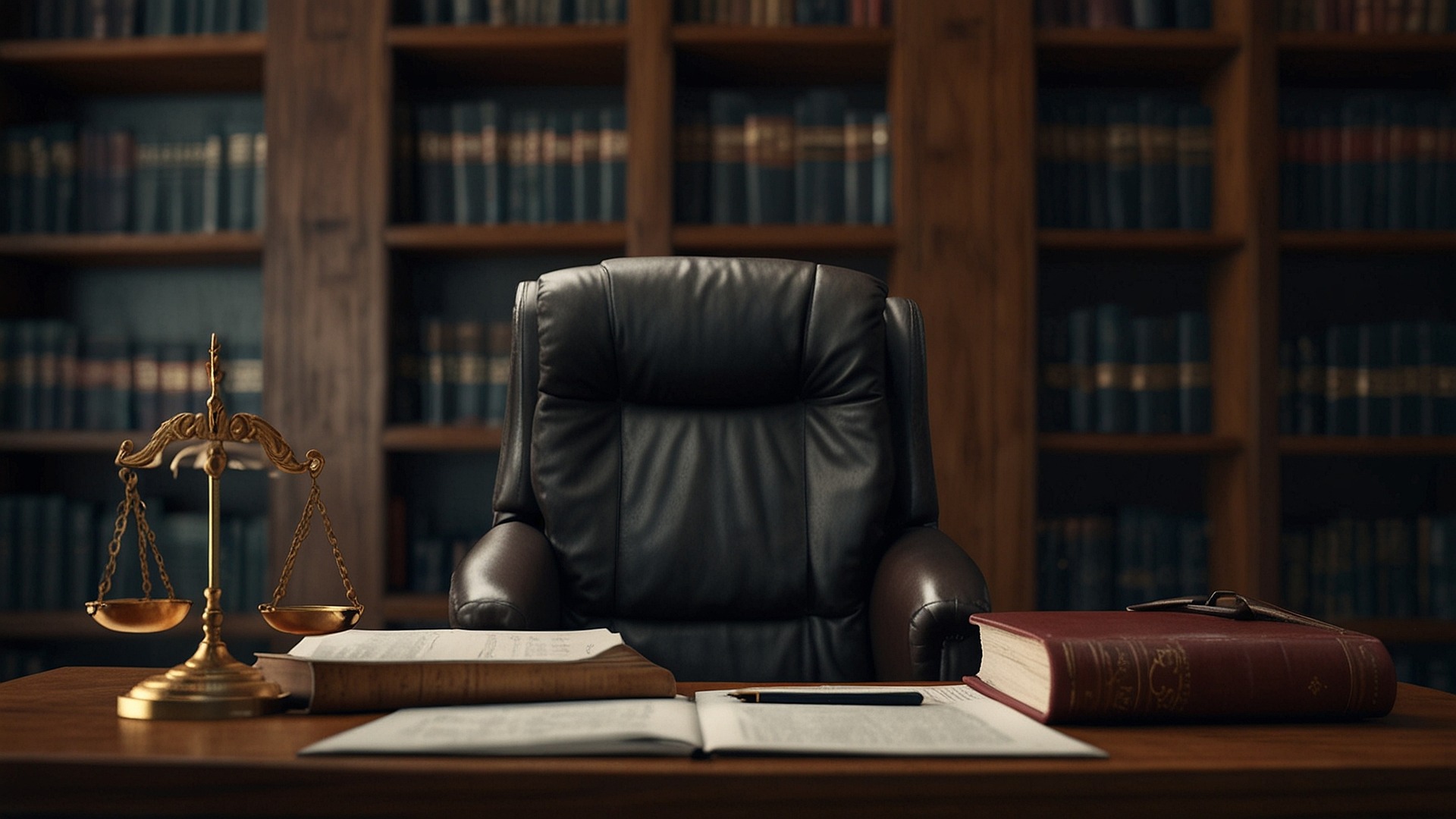The Influence of Social Media on Modern Legislation
Introduction: The advent of social media has not only transformed the way we communicate but has also significantly impacted the legal landscape. This article will delve into the nexus between social media and modern legislation, highlighting the challenges and opportunities it presents.

The Genesis of Social Media and Legislation
Social media has been a double-edged sword since its inception. While it has democratized information dissemination, it has also raised legal and ethical issues. Cyberbullying, defamation, privacy breaches, and hate speech are among the complex legal challenges that have emerged with the rise of social media platforms. Such challenges have necessitated the creation of new laws and the adaptation of existing ones.
Social Media and Freedom of Speech
The intersection of social media and freedom of speech is a contentious issue. While social media platforms are private entities, their pervasive influence on public discourse has raised questions about their obligations concerning freedom of speech. Recently, there has been increased scrutiny and debate over how these platforms moderate content, particularly in politically charged instances.
The Liability of Social Media Platforms
The legal liability of social media platforms for user-generated content is another pressing issue. The Communications Decency Act (CDA) in the United States, for instance, provides immunity to social media platforms from being held liable for content posted by users. However, the adequacy and applicability of such protections are being questioned in light of prevalent online misinformation and hate speech.
The Impact on Legislation and Policy
The influence of social media on legislation and policy is multifaceted. On one hand, social media has been instrumental in shaping public opinion, which often influences legislative changes. On the other hand, the unique challenges posed by social media have prompted lawmakers to consider new regulations aimed at curbing its misuse.
The Road Ahead: Evolving Legal Frameworks
The dynamic nature of social media necessitates an equally dynamic legal response. As technology continues to evolve, so too must our legislative and regulatory frameworks. This will require a delicate balancing act to ensure that freedom of speech and innovation are not stifled while adequately addressing the adverse effects of social media misuse.
In conclusion, the relationship between social media and legislation is complex and continually evolving. As we navigate this digital age, it will be crucial to continue examining and addressing the legal challenges and opportunities that social media presents.




